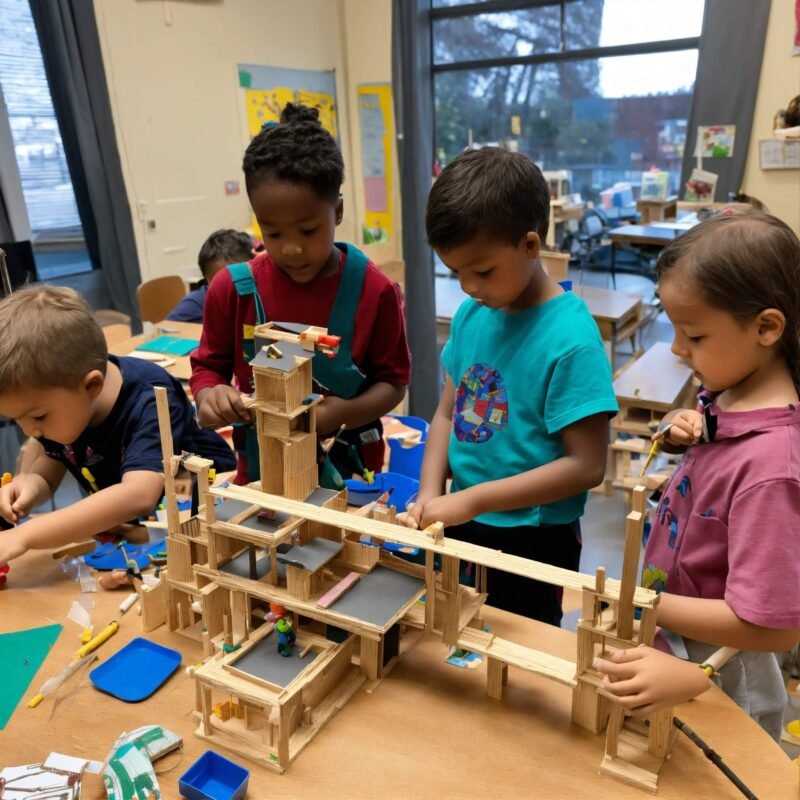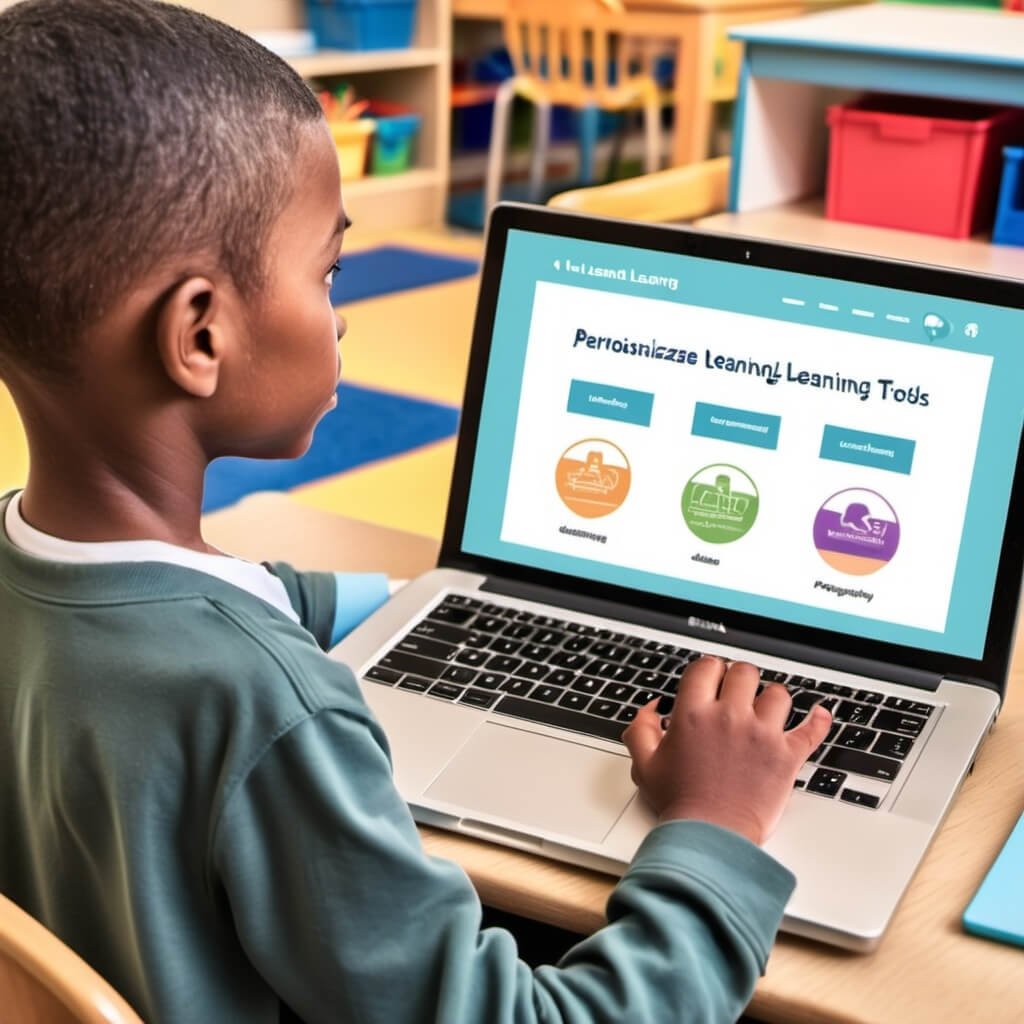As a parent, I know how difficult it can be to find activities that keep kids engaged and learning after school hours. After all, the school day doesn’t always cover everything, and sometimes kids need extra support to make the most of their free time. That’s where after-school programs come in. These programs offer a safe, productive, and fun way for children to spend their time once school is over, and in 2024, there are more options than ever.
In this guide, I’ll share everything you need to know about after-school programs, including their benefits, the different types available, and tips on how to choose the right program for your child. By the end, you’ll have a better understanding of how these programs can positively impact your child’s development and help them thrive outside of the classroom.
Why After-School Programs Matter
Before diving into the details, it’s important to understand why after-school programs are so beneficial. As a parent, I’ve seen firsthand how these programs can make a difference in my child’s life, and research backs up many of the benefits. From providing a safe space for kids to keeping them engaged in productive activities, these programs offer numerous advantages that go beyond the regular school day.
1. Academic Support and Enrichment
After-school programs often focus on providing academic support, such as homework help, tutoring, or opportunities for enrichment in subjects like math, science, and reading. My child has benefited from these types of programs, where they receive personalized help with schoolwork, which helps reinforce concepts learned during the day. Many programs also offer STEM (science, technology, engineering, and math) activities, giving kids a chance to explore subjects they may not get enough of in school.
2. Physical Activity and Health
With so much time spent sitting in classrooms, after-school programs often incorporate physical activities, like sports, dance, or outdoor play. These activities help kids stay active and healthy. I’ve noticed that after my child participates in sports or a fitness class after school, they’re more energized and focused when it’s time for homework or family activities.
3. Social Skills Development
After-school programs provide opportunities for kids to interact with peers in a structured environment. This helps develop important social skills such as teamwork, communication, and conflict resolution. My child has made lasting friendships through after-school programs, and I’ve seen them grow in confidence as they work in groups or teams.
4. Safety and Supervision
One of the main concerns for parents after school hours is ensuring that their children are safe and well-supervised. After-school programs offer a safe space for kids to stay after the school day ends, which can be especially beneficial for working parents. Instead of worrying about their child’s whereabouts, parents can rest easy knowing they are in a supervised environment.
Types of After-School Programs
There’s no shortage of after-school programs available, and the right one for your child will depend on their interests, needs, and your family’s schedule. Below, I’ve broken down some of the most popular types of after-school programs to help you find the best fit for your child.
1. Academic Enrichment Programs
These programs are designed to support and enhance a child’s learning beyond the classroom. Academic enrichment programs might focus on subjects like reading, writing, math, or even advanced topics like robotics or coding.
Benefits:
- Homework assistance and tutoring
- Enrichment in specific subjects (e.g., STEM, arts, or languages)
- Helps boost academic performance
Personal Experience: I’ve enrolled my child in a math enrichment program after school, and I’ve seen significant improvements in their problem-solving skills. These programs can be an excellent option if your child needs extra help with schoolwork or is looking to explore new areas of learning.
2. Sports and Physical Activity Programs
If your child enjoys being active, after-school sports programs can provide a great outlet for energy while promoting physical fitness. From traditional sports like basketball and soccer to dance and martial arts, these programs encourage kids to stay active and learn valuable skills.
Benefits:
- Physical fitness and health
- Teamwork and cooperation
- Confidence-building through skill development
Personal Experience: My child has participated in soccer and swimming after school, which has not only kept them fit but also helped them develop a sense of teamwork and discipline. These programs also help to improve motor skills and coordination.
3. Arts and Creativity Programs
For children who love art, music, drama, or other creative outlets, after-school arts programs are an excellent choice. These programs can help kids express themselves, develop new talents, and build confidence through performance or art creation.
Benefits:
- Encourages self-expression and creativity
- Builds confidence and self-esteem
- Enhances fine motor skills and critical thinking
Personal Experience: My child took part in an after-school art class, and it became a great way for them to unwind while developing their creativity. Whether it’s painting, theater, or music, arts programs can be incredibly enriching for kids.
4. STEM (Science, Technology, Engineering, and Math) Programs
STEM programs are incredibly popular as they offer kids hands-on experiences in subjects that are crucial for future careers. From coding clubs to robotics teams, these programs provide a fun and engaging way for children to develop skills that will serve them well in the digital age.
Benefits:
- Exposure to future job fields
- Encourages problem-solving and critical thinking
- Fosters creativity and innovation
Personal Experience: My child loves participating in coding and robotics programs. They’ve learned to design and build simple robots, which has sparked a love for technology. These types of programs are perfect for kids who are interested in exploring the world of STEM.
5. Life Skills and Social Programs
Some after-school programs focus on teaching life skills like financial literacy, cooking, or leadership. These programs help kids develop important abilities that go beyond academics and sports. Social programs can also teach conflict resolution, empathy, and other valuable social skills.
Benefits:
- Develops important life skills
- Teaches responsibility and independence
- Prepares children for adulthood
Personal Experience: My child has also participated in a cooking class after school, and it has been a fun and educational experience. It taught them about nutrition, time management, and even following recipes – skills that will serve them for a lifetime.
How to Choose the Right After-School Program for Your Child
Choosing the right after-school program for your child can feel overwhelming, but it doesn’t have to be. By considering your child’s interests, needs, and your family’s schedule, you can find a program that works best. Here are some steps I suggest taking to make the decision easier:
1. Consider Your Child’s Interests and Needs
The first step is to think about what your child enjoys and where they might benefit the most. Does your child love to read? Consider an academic enrichment program. Are they physically active and enjoy sports? A physical activity program might be ideal. Identifying your child’s interests will help narrow down the options.
2. Think About the Program’s Location and Schedule
Convenience is key when choosing an after-school program. Look for programs that are close to home or school, and consider your child’s daily schedule. If your child has extracurricular activities or if you have a tight work schedule, choose a program that accommodates your family’s needs.
3. Check for Proper Supervision and Safety
Safety should always be a top priority when selecting an after-school program. Make sure the program is well-staffed, and the adults supervising are trained and qualified. If possible, visit the program or read reviews to ensure it’s a safe environment for your child.
4. Consider the Cost
After-school programs can vary widely in price. Some are free, while others may require a fee. Determine your budget and look for programs that offer the best value for the services they provide. Many programs offer sliding scale fees or scholarships for families in need.
5. Read Reviews and Ask for Recommendations
Ask other parents about their experiences with local after-school programs. Online reviews, word-of-mouth, and personal recommendations can help you find programs that are highly regarded and trustworthy.
Conclusion: Investing in Your Child’s Future with After-School Programs
In conclusion, after-school programs offer incredible benefits for children, from academic support to physical activity and social skills development. By choosing the right program, you can provide your child with a well-rounded education outside of school, all while keeping them safe and engaged.
I’ve seen how these programs can positively impact my child’s growth, confidence, and overall development. Whether it’s improving their academic skills, enhancing their creativity, or helping them develop important life skills, after-school programs are a great way to invest in your child’s future. With so many options available in 2024, I’m confident you’ll find the right fit for your child that helps them thrive beyond the classroom.
FAQs
1. What is the purpose of after-school programs?
After-school programs provide academic support, enrichment, and social-emotional development in a structured, safe environment.
2. Are after-school programs free?
Some programs are free, but many charge a fee. However, many organizations offer sliding scale rates or scholarships based on family income.
3. How do after-school programs improve academic performance?
Programs offer homework help, tutoring, and enrichment activities that help reinforce what children are learning in school, improving grades and study habits.
4. How can I find an after-school program near me?
You can search for after-school programs through local schools, community centers, or online directories such as AfterSchool.gov.
5. What age group is appropriate for after-school programs?
After-school programs cater to a wide range of age groups, from elementary school children to teens. The program should align with your child’s age and interests.





